The Great continues its reign as one of the best (and most underrated) shows
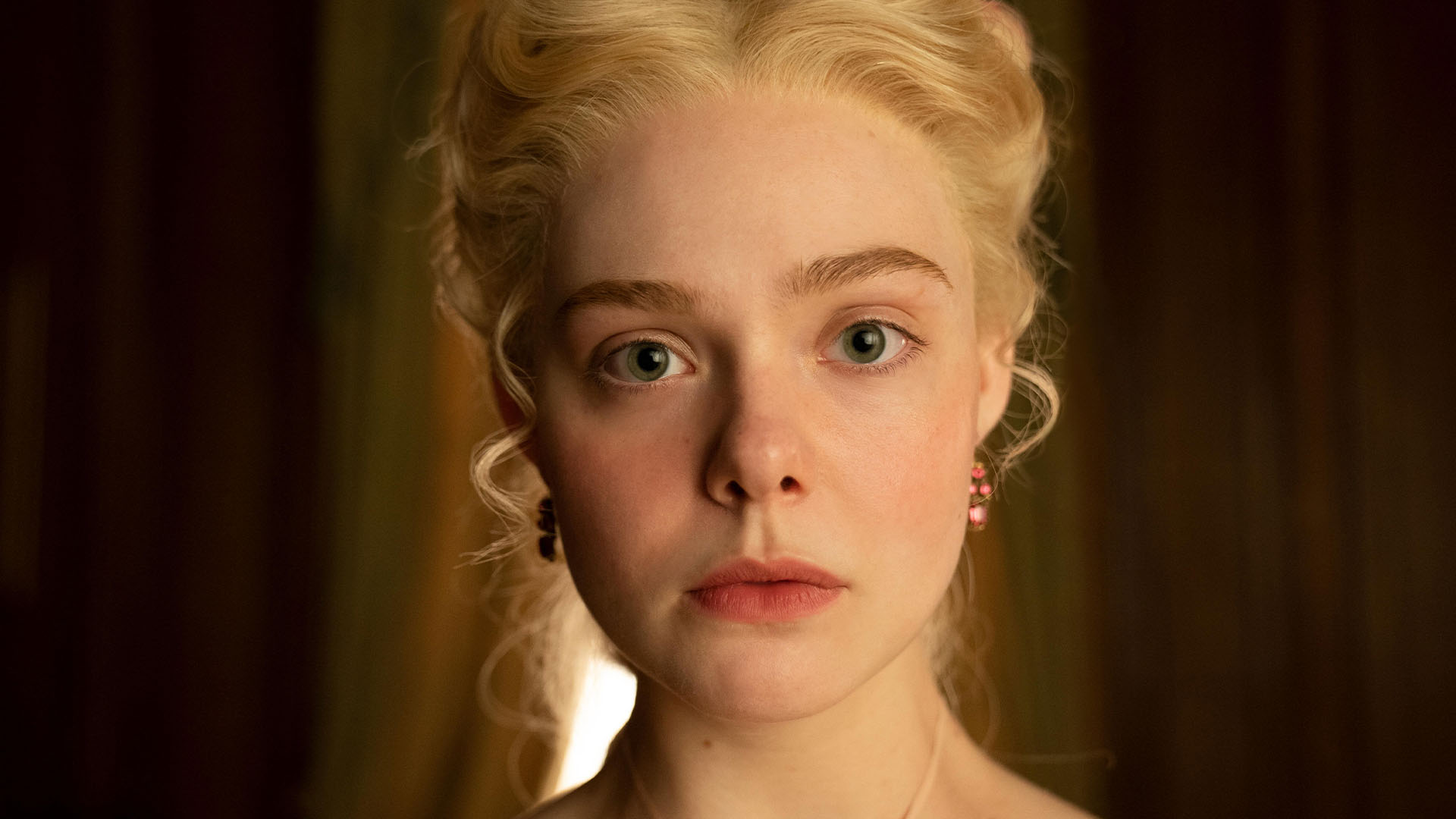

Elle Fanning and Nicholas Hoult are back as royals Catherine and Peter in the third season of The Great – streaming on Neon. Sumptuous, sparkling and vulgar in a way very little modern writing quite pulls off, the show’s return heralds another round of some of the best storytelling on television, writes Katie Parker.
In the age of streaming, for every show that receives deafening, inescapable and often hyperbolic hype, there is another whose all-round excellence is so well-crafted, so effortlessly executed, and so utterly competent that it ironically avoids that make-or-break buzz. Ahistorical satire The Great is one such series—and with the debut of its third season, continues its reign as one of the best and most underrated shows in the streaming-sphere.
Loosely based on the story of Catherine Alekseyevna, a Prussian princess who, after being married off as a teenager to the boorish Peter III of Russian, staged a coup and usurped the throne despite no legitimate claim to it, over two seasons The Great’s take on the Russian monarch has been both wryly hilarious and gleefully ruthless. Now, with the premiere of its third season, the show is set to take its signature black comedy to bloodthirsty new heights.
Created and almost entirely written by Australian playwright Tony McNamara and adapted from his 2008 play of the same name, since its debut in 2020 The Great has crept under the radar somewhat—amassing an ardent fan base yes, but still mistaken by many as a sexed up history lesson for people who turn their noses up at the likes of Bridgerton. Yet, capturing again the irreverence, darkness and devastatingly dry wit of his celebrated screenplay for Yorgos Lanthomos’ 2018 film The Favourite, McNamara has created some of the best and boldest historical satire since Blackadder.
Wrapped up in unpredictable, quickly paced drama, and bolstered by wildly enjoyable characters and performances, The Great’s tale of power and dynasty is easily as sharp, crass and compelling as Succession’s—just with better costumes, occasional murder attempts and far fewer boring business negotiations.
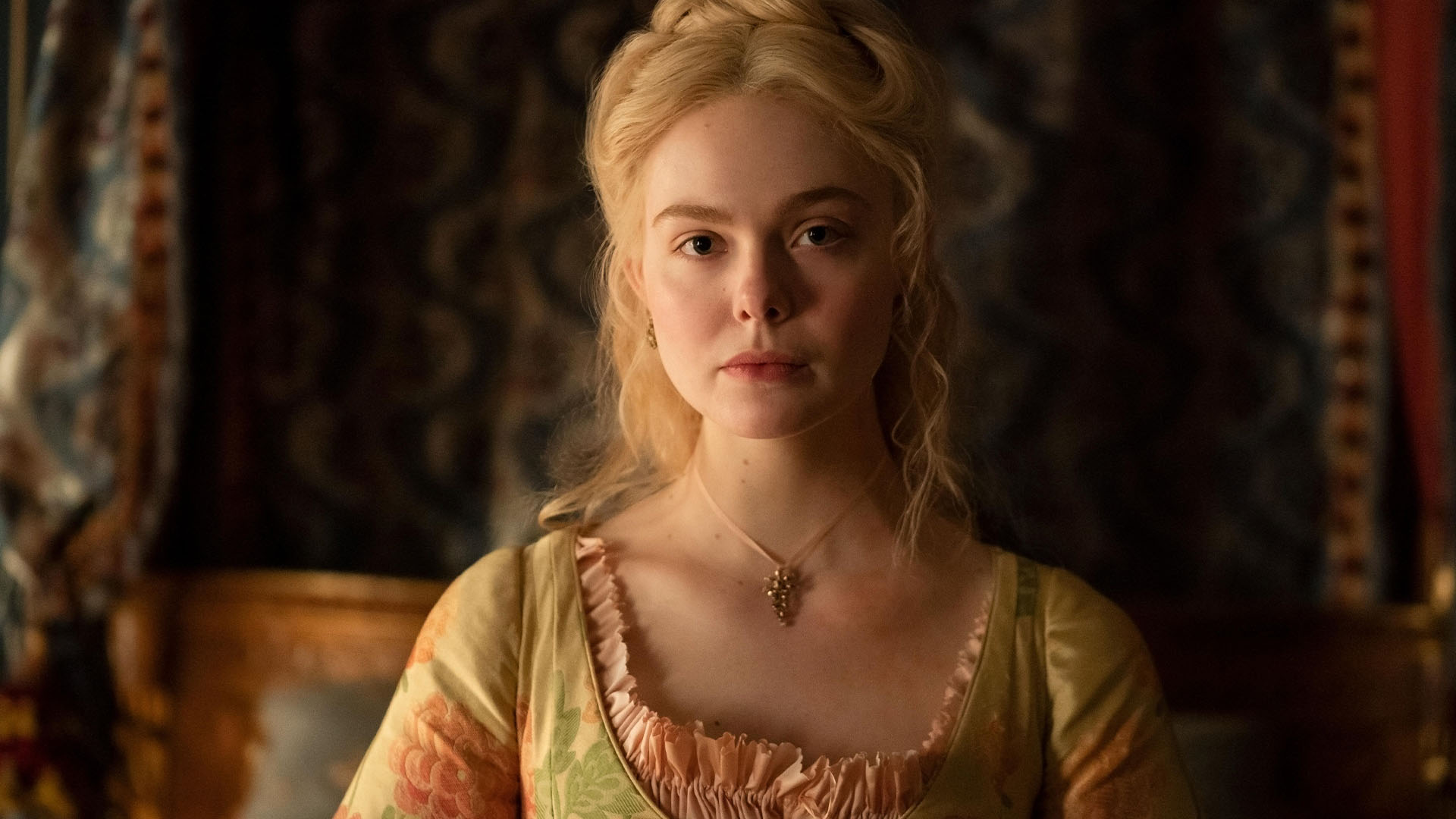
Starring Elle Fanning as the titular Empress Catherine, alongside Nicholas Hoult as her uncouth husband Peter, The Great is concerned with many things—progress, power, class, oppression and just how hard those things are to disentangle even with the best of intentions. It is also just as much about the evolution of Catherine and Peter’s relationship as it is the political machinations that allowed her to overthrow him.
Where season one focused on the lead up and execution of her surprisingly easy 1762 coup (as The Great would have it, Peter decided to abdicate after succumbing to hunger in the absence of his private chef), season two followed Catherine as she and her inner circle went about the slightly more complicated task of leading Russia—all the while managing her husband/prisoner and gestating their child, Paul (who thanks to Hoult’s delightful invoking of the name, became a key character before even being born).
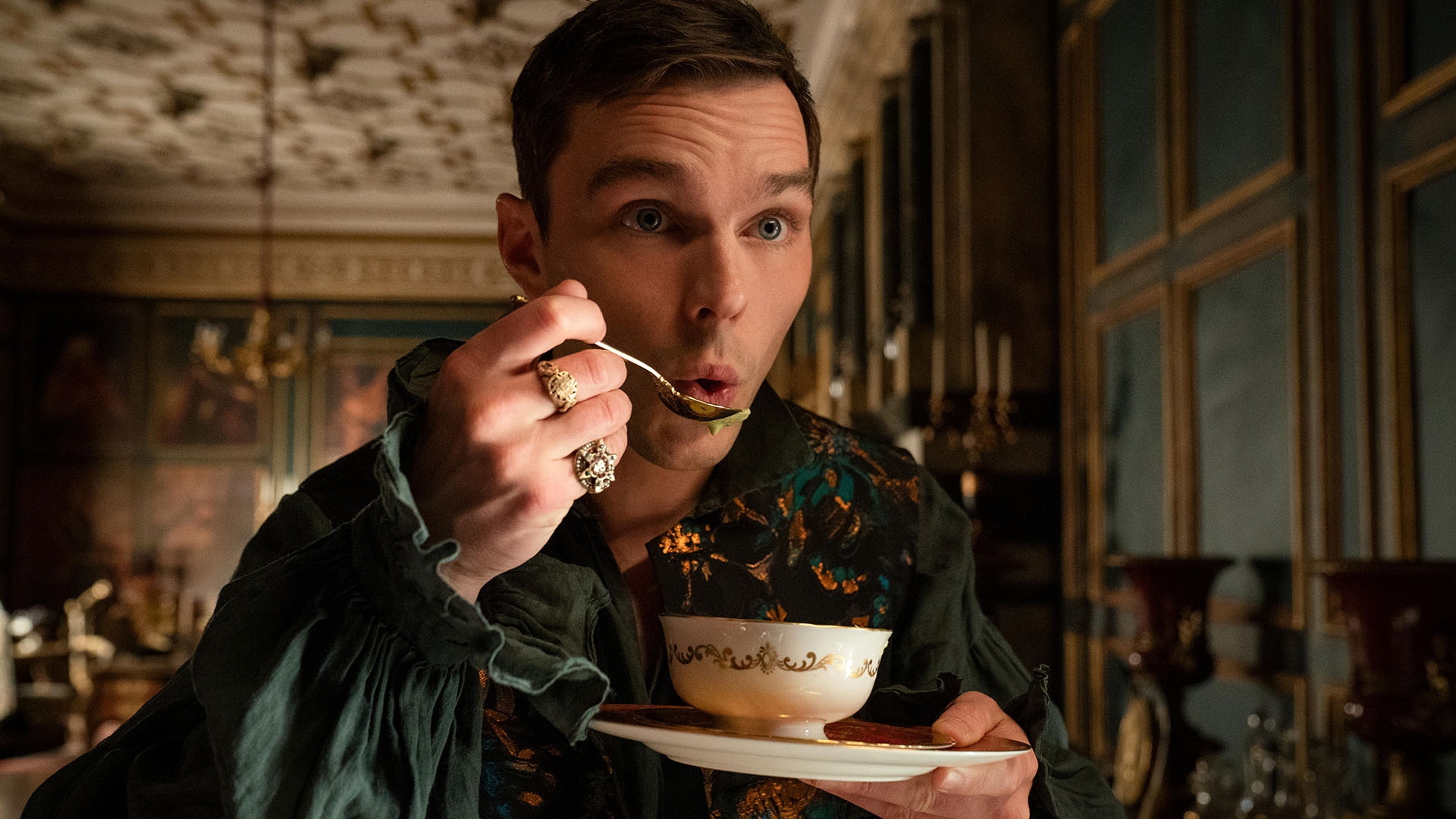
With their relationship veering wildly between love and hate—the love part being particularly challenging given Peter’s penchant for spontaneously murdering people—season two’s fantastically unhinged finale marked two significant milestones for the couple: Catherine finally told Peter that she loved him and also, finally, tried to kill him.
Discovering that he slept with and inadvertently killed (oops), her mother (a deliciously haughty Gillian Anderson), we last saw Catherine and Peter in a state of some disharmony after she engaged in a frenzied stabbing attack that fortunately (for us Peter hive members at least) turned out to have been received by his lookalike, Pugachev (also played by Hoult). New parents to the now earth-side Paul, it left the pair in a slightly awkward situation. With his supporters trying (and failing) to stage a second coup, their burgeoning romance also seemed somewhat blighted by the the arrest and imprisonment of all Peter’s best friends, along with Catherine’s BFF Mariel (Phoebe Fox) who kept the whole mother killing incident close to her chest a little bit too long.
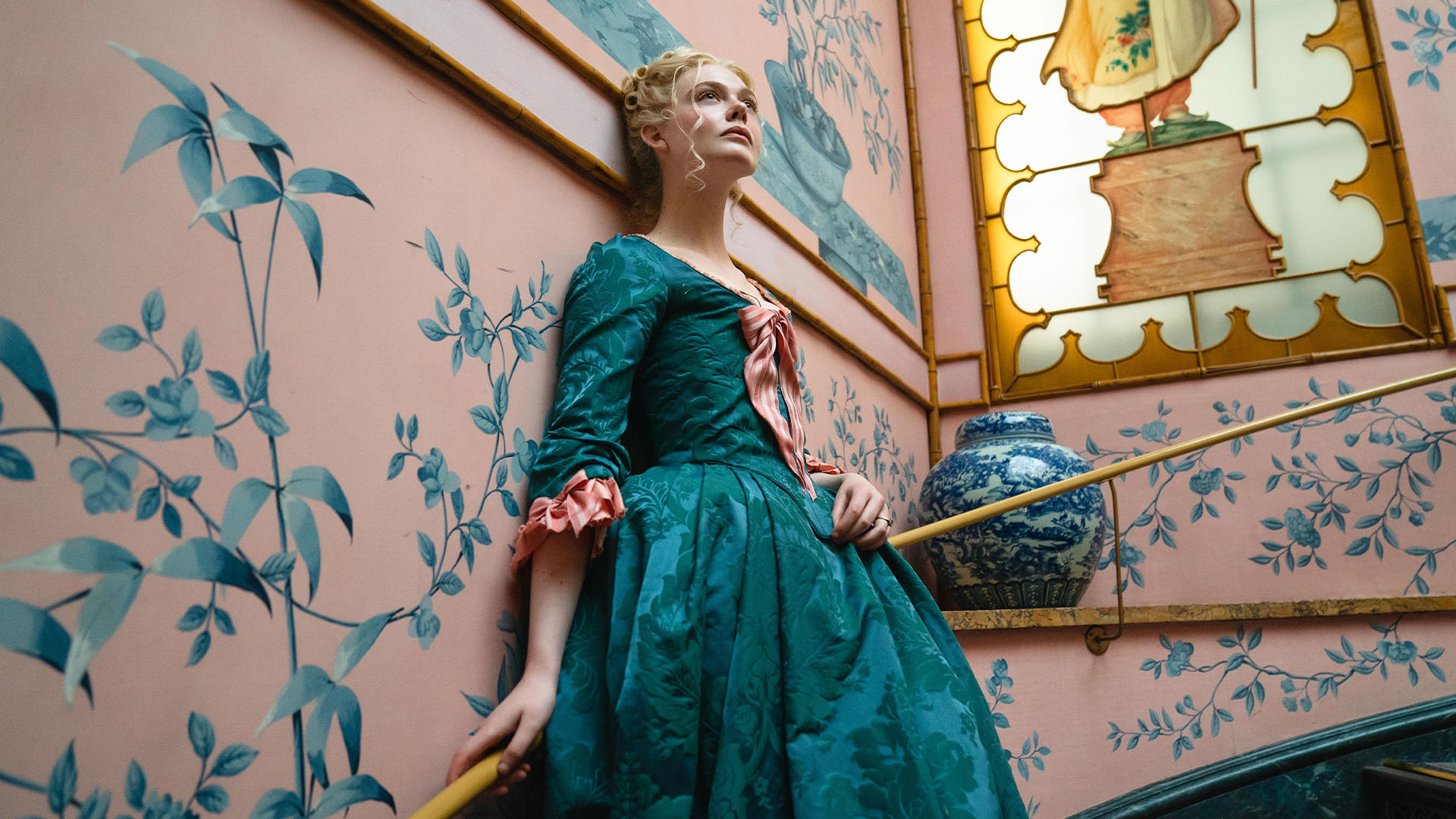
Season three picks up with these issues still in flux—and Catherine still grappling with the fact that her husband had sex with, and kind of killed, her mother (depending on who you ask: “overconfidence in window ledges killed your mother” Peter’s Aunt Elizabeth (Belinda Bromilow) tells her). Peter meanwhile is also a little unnerved, having been witness to his wife’s very passionate attempt to stab a person she thought was him to death.
Yet, as we know now from our time in 18th-century Russia, these things are not quite the deal breakers they might be today… So your husband banged your mum, saw her die, and hid her body? So your wife tried to kill you? There are bigger fish to fry, as Catherine and her inner circle once again try to find a way to maintain power without getting too barbaric. Perhaps a nice, fun little game of ‘The Bullet or The Bear’?
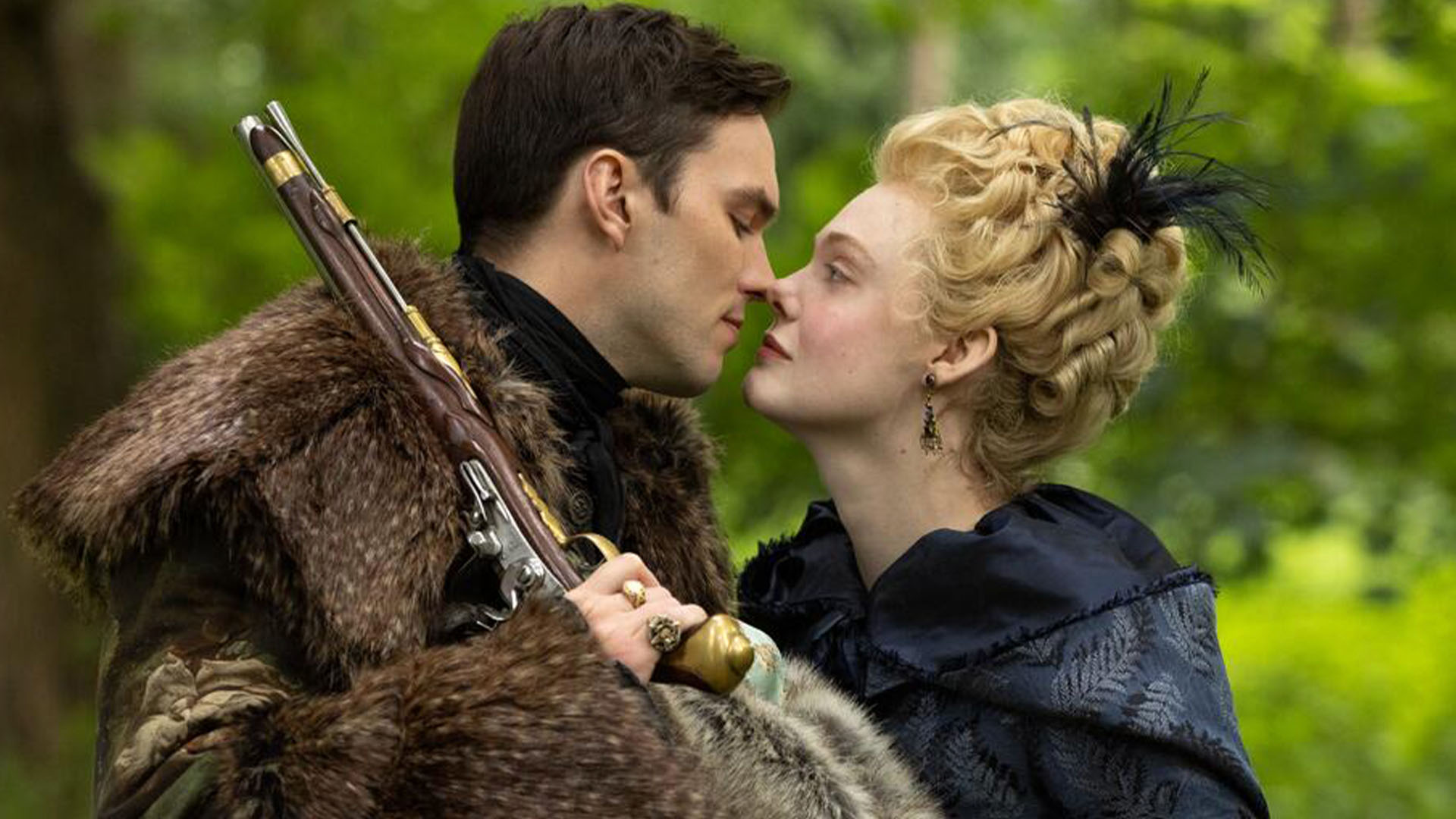
With Mariel now very much on Catherine’s bad side, former foe Georgina trying to win her over, and the now ousted King and Queen of Sweden (Freddie Fox and Grace Molony) taking refuge in the palace, the Empress must rely on her ever growing ruthlessness to survive. But is that a price she’s willing to pay?
Though The Great has always only leaned on the basics of history, the end of season two indicated a shift in the show’s own attitude towards its ahistorical leanings, amending the disclaimer included in each episode’s title card from “an occasionally” true story to “an almost entirely untrue story”. Indeed, at this point The Great is perhaps not the right place to come if you’re working towards a history degree. Characters, events, timelines are mish-mashed and made-up, but so long as you’re not a historical purist, this is a wonderful thing.
The Great is at its best when it leans into its darkest and most diabolical instincts, dialling up the drama and absurdity and letting its characters loose to be brazen and bizarre as they like. Fanning, Hoult and Bromilow are, as ever, excellent, as is a wholly likeable supporting cast whose survival can never be guaranteed—a surprise death in season three’s first episode is as gasp worthy as it is fiendishly funny.
Sumptuous, sparkling and vulgar in a way very little modern writing quite pulls off, the return of The Great heralds another round of some of the best storytelling on television. Huzzah!


















